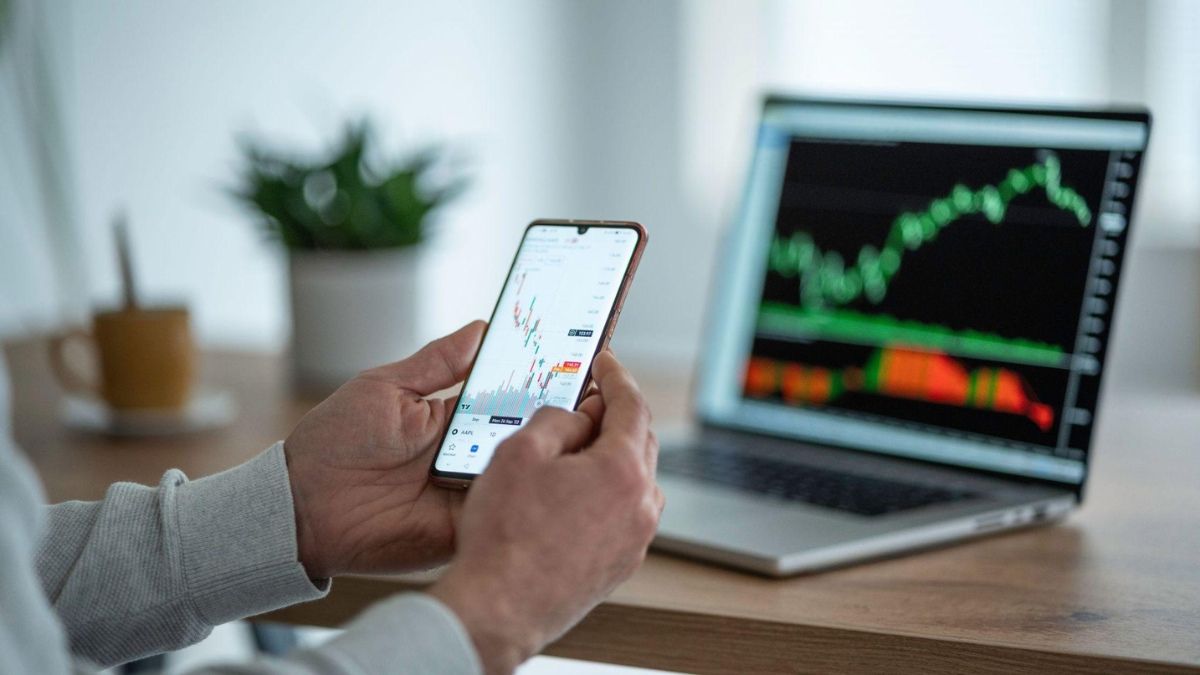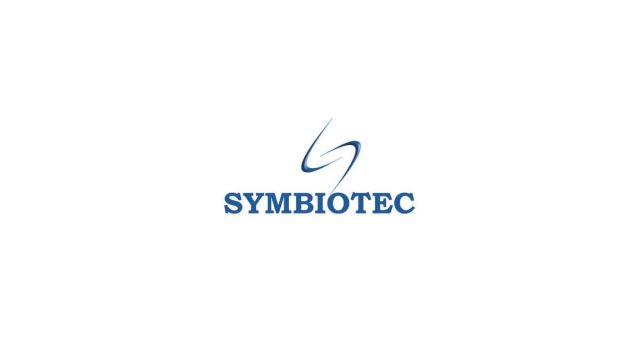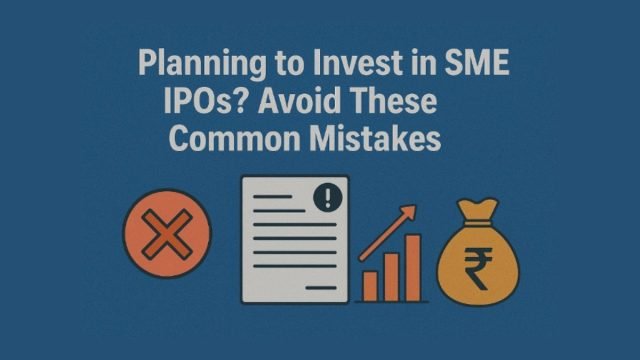Commodity trading in India has become increasingly popular, offering individuals an opportunity to diversify their investment portfolios. Whether it is gold, silver, crude oil, or agricultural goods, commodities allow traders to participate in markets beyond equities. A key requirement for trading these assets is a Demat account. This article explains why it is necessary, how it works, and what benefits it brings for commodity investors.
Basic Understanding
Understanding the role of a Demat account in commodity trading should come before entering the details into it. A dematerialised account is known as a Demat account where securities are kept in a digital form. When used in trading commodities, it facilitates the ability of traders to trade electronically by holding and settling contracts.
What is a Demat Account?
Demat accounts are essentially digital safes for your security. Instead of physically managing certificates, everything is managed electronically. This helps eliminate paperwork and removes the risk of misplacing investment certificates or damaging them. Commodities work the same way and is a convenient way to manage your holdings if you don’t need to rely on physical documents.
The Link with Commodity Markets
In India, commodity markets function through recognised exchanges. To buy or sell commodities on these exchanges, traders need a system that records ownership. A Demat account makes this process possible by serving as the digital record of ownership and settlement.
Why a Demat Account is Needed for Commodity Trading
Commodity trading differs from equity investments in terms of settlement, margin requirements, and trading rules. A Demat account ensures compliance, security, and efficiency.
Safe and Transparent Record-Keeping
All commodity contracts are stored digitally.
- Traders have access to real-time statements showing their holdings.
- The chances of forgery or duplication are almost negligible.
Smooth Settlement of Trades
When a trade is executed, the transfer of contracts between buyer and seller takes place electronically. A Demat account acts as the medium for this transfer. Without it, settlement would require manual handling, which is time-consuming and prone to errors.
Easier Tracking of Investments
Managing commodities involves multiple contracts with varying expiry dates. A Demat account helps track these contracts in a single place. Traders can view all their positions together, making portfolio management simpler.
Regulatory Requirement
Trading in commodities through recognised exchanges in India is regulated. A Demat account is part of this framework, ensuring compliance with settlement rules. It provides credibility and trust to the system by standardising how trades are recorded and cleared.
Additional Benefits of a Demat Account in Commodities
Apart from being a mandatory requirement, having a Demat account offers several advantages.
Convenience and Accessibility
With a Demat account, traders can access holdings online anytime. It allows monitoring contracts through trading platforms or mobile apps. This convenience saves time and effort compared to traditional paperwork.
Reduced Costs
Physical settlement involves paperwork, courier charges, and administrative expenses. A Demat account reduces these costs by digitising the entire process. This makes commodity trading more cost-effective in the long run.
Integration with Broking Services
Most brokerage firms offer integrated platforms where Demat accounts are linked to trading accounts. This connection helps traders execute trades and view settlements in real-time, improving efficiency.
Enhanced Security
Electronic storage lowers the risk of theft, loss, or damage to certificates. Since every transaction is recorded with the depository, traders enjoy a higher level of safety for their investments.
How to Use a Demat Account for Commodity Trading
Once a Demat account is opened, it can be directly linked with the commodity trading account provided by a broker. The process usually involves:
- Opening a Demat account with a depository participant.
- Linking the Demat account with the trading account.
- Executing trades on recognised commodity exchanges.
- Settlements reflecting automatically in the Demat account.
This process ensures a seamless trading experience with clear visibility of all holdings.
Common Misconceptions
When it comes to commodity trading, many traders carry incorrect assumptions about the role of a Demat account. Below are some of the most common misconceptions:
Demat accounts are Only for Shares
Many people believe that Demat accounts are relevant only in equity markets. While they are widely used for shares, they are equally important in commodities. A Demat account records contracts electronically and ensures smooth settlement of trades in commodity exchanges. Without it, handling trades would be far more complex.
It Adds Unnecessary Cost
Another frequent misconception is that maintaining a Demat account creates an extra financial burden. Traders often worry about annual maintenance fees or transaction charges. In reality, these costs are minimal compared to the benefits. A Demat account saves time, removes paperwork, reduces errors, and adds security to every transaction.
It Does Not Add Real value
Some assume that a Demat account is simply a formality. In practice, it improves efficiency, allows easier tracking of holdings, and ensures compliance with regulations. The account becomes a central point for managing all trades transparently and professionally.
By understanding these points, traders can see that a Demat account is not an expense but an essential requirement for reliable and secure participation in commodity markets.
Conclusion
A demat account is crucial to commodity trading in India. It is not just to meet the regulatory provisions but also to make interaction with records easier, to build security in the organisation and to make trades clear. Any individual interested in trading commodities as a component of his or her investment portfolio should open and keep a Demat account. This way, traders will have access to an open, transparent, and reliable professional system which will facilitate long-term engagement in the commodity markets.




